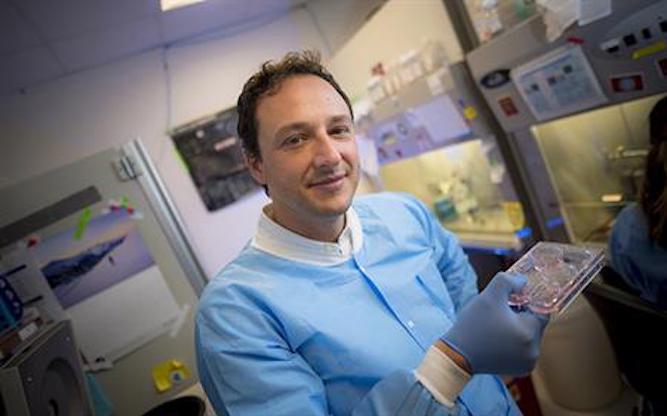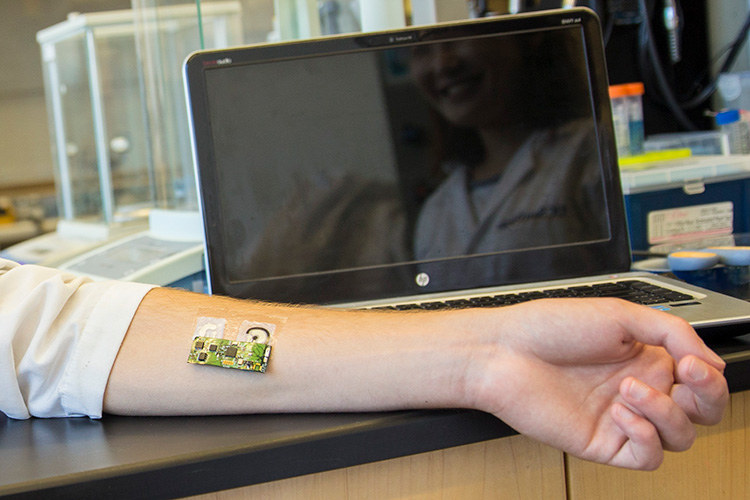Daily Business Report-July 9, 2019
The Alysson Muotri lab has invented a new method to develop in vitro functional human brain organoids — three-dimensional, miniaturized, simplified versions of the organ produced from reprogrammed stem cells. (Credit: Erik Jepsen, UC San Diego)
2019: A Space Organoid
UC San Diego researchers plan to send human brains-in-a-dish to the International Space Station to assess microgravity’s effect on neural development — and maybe prospects for life beyond Earth
Jackie Carr | UC San Diego
From the science fiction of Isaac Asimov and Arthur C. Clarke to the cinematic worlds of Star Wars and galaxies far, far away, humans have imagined life in space. But among the myriad challenges to colonizing other worlds lie fundamental questions of biology: Can a human embryo grow naturally outside the nurturing embrace of Earth? Will the brain form normally? How does weightlessness alter the basic, gravity-defined rules of human development?
A research team from University of California San Diego, led by Alysson R. Muotri, PhD, seeks to boldly go where the first answers may be found: Launching a payload of stem cell-derived human brain organoids to the International Space Station (ISS) orbiting almost 250 miles above Earth, where researchers will document how these masses of cells organize into the beginnings of a functional brain.

The first-ever project of its type is dedicated to T. Denny Sanford, a longtime advocate of stem cell research whose partnership has supported Muotri’s work as well as several key research entities, including the Sanford Consortium for Regenerative Medicine and UC San Diego Sanford Stem Cell Clinical Center.
“On July 21, UC San Diego will partner with Space Tango to launch a payload of living brain organoids into space,” said Erik Viirre, MD, professor of neurosciences and director of the Arthur C. Clarke Center for Human Imagination. “The study results will have enormous implications for space colonization and human health. We hope to determine if humanity can reach into the broader cosmos.”
____________________
General Atomics researcher honored
for career achievement in fusion science
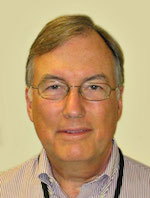
The Fusion Power Associates Board of Directors has selected Dr. Edward (Ted) Strait to receive its Distinguished Career Award for his contributions to fusion science and advancing the performance of fusion plasmas.
Strait, a General Atomics physicist since 1982, has led multiple research groups at the DIII-D National Fusion Facility, including the Stability and ITER Physics research groups. His research has covered a broad range of topics related to plasma stability and magnetic measurements. Strait is also a member and past chair of the International Tokamak Physics Activity’s Topical Group on Magnetohydrodynamic Stability.
____________________
Scripps first to use new liver
transport system in San Diego County
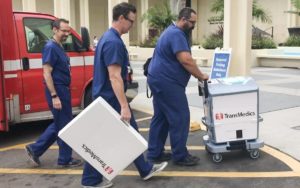
In a first for San Diego County, physicians at Scripps Green Hospital have used a warm perfusion transportation system to bring a donated liver to La Jolla where they implanted the organ into a 36-year-old Las Vegas police officer who had been on the transplant waiting list for more than nine months.
The effort was part of a clinical trial evaluating the transportation system, known as OCS (Organ Care System) Liver, at major transplant medical centers across the United States.
While more than 8,200 people received a transplanted liver in the United States last year, according to United Network for Organ Sharing, that figure falls far short of the 13,318 people who currently are on the waiting list and 12,000 new patients who are added to the list every year.
____________________
Pesticide exposure linked to teen
depression in agricultural communities
Adolescents exposed to elevated levels of pesticides are at an increased risk of depression, according to a new study led by Jose R. Suarez-Lopez, assistant professor in the Department of Family Medicine and Public Health at University of California San Diego School of Medicine. The study was published online in June 2019 in the journal International Journal of Hygiene and Environmental Health .
Suarez-Lopez and colleagues have been tracking the development of children living near agriculture in the Ecuadorian Andes since 2008. In this latest study, they examined 529 adolescents between the ages of 11 and 17. Ecuador is the world’s third-largest exporter of roses, with much of the flower production located near the homes of participants. Like many other agricultural crops, flowers are routinely sprayed with organophosphate insecticides, which are known to affect the human cholinergic system, a key system in the function of the brain and nervous system.
____________________
Free workshop on accessible design
The American Society of Landscape Architects, San Diego chapter, is offering a free workshop on Accessible Design from 1 to 3 p.m. on Aug. 9. It will be held at the Mission Valley Library Community Room, 2123 Fenton St., San Diego 92018.
Attendees will learn about the Americans with Disabilities Act (ADA) and integrating design accessibility into their projects.
The workshop will cover play structures, play areas, trails, parks, and outdoor developed areas. The instructor, Greg Izor, has received approval from ASLA to provide this course for CE credit in states that require CE. Potential attendees should contact Izor at IzorAccess.com to confirm the CE credit available.
Attendees should bring note-taking tablets, pens and any project examples with ADA-related designs that their firm has created to share with attendees.
Registration closes at 5 p.m. on Aug. 8. Questions: Contact ASLASD@sbcglobal.net or call 619-283-8818
____________________
Retired Marine Corps colonel named president
of Warrior Foundation-Freedom Station
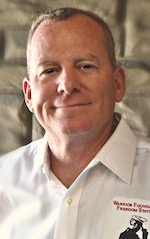
Warrior Foundation-Freedom Station, a San Diego-based nonprofit organization serving injured servicemen and women, has named Col. Greg Martin, U.S. Marine Corps (Ret.), as president of the foundation. Martin is a highly decorated veteran who served the nation for 29 years in numerous high-profile assignments, including a deployment to Baghdad, Iraq as the Director of Operations, J-3 at Combined Joint Forces Land Component Command – Operation Inherent Resolve.
In his new role, Col Martin will oversee strategic direction, operations and programs.
Martin entered the Marine Corps in 1990 after graduating from San Diego State University. He was assigned to 5th Battalion, 11h Marine Regiment at Twenty-nine Palms, California where he served as fire direction officer, artillery liaison officer, and battery executive officer. He would go on to command the Marine Security Company at Presidential Retreat, Camp David from 1996-1998. In 1999, he graduated from the Marine Corps Amphibious Warfare School with honors and reported to Camp Lejeune, North Carolina where he served with 2nd Battalion, 10th Marine Regiment and 1st Battalion, 10th Marines.

